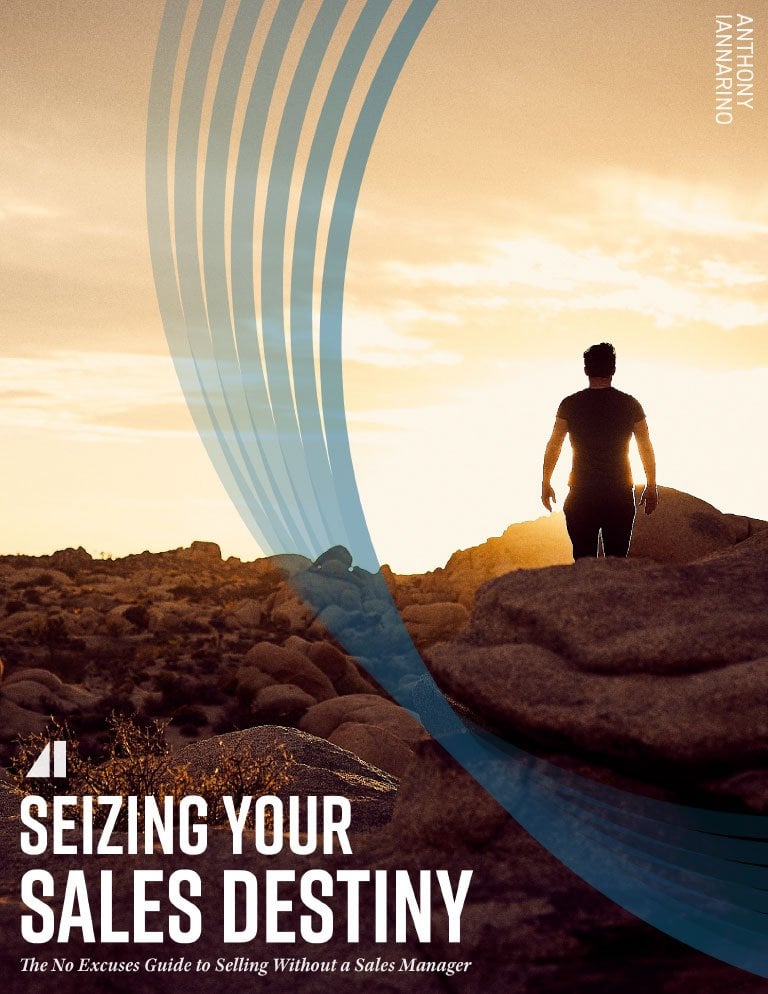Any serious writer has to be willing to accept that their search for what is true will always alienate those who prefer to avoid realities that don’t match their ideals. The post, cataloging seven things that stunt intelligence, will appeal to the rare people who care about the quality of their thinking and their life. It is not designed to win me any popularity contests.
Living Your Truth
You will hear people say things like “I am living my truth.” They might mean that they are not conforming to what the herd expects or requires of them. But a post-truth perspective ultimately means that no objective fact is permitted to weigh more than their emotions or their beliefs.
One of the reasons we have so much conflict is that most of our arguments do not engage with or even consider claims and evidence that weaken our preferred beliefs or outcomes. Those who present counterarguments are ignored, so both sides can just repeat their talking points without ever recognizing the value of the other side’s rebuttal.
In law school, I learned how to argue my opponent’s case as well as they do—to be able to address the facts that work against my argument and still win the case. It taught me a valuable lesson: an unwillingness to look at facts limits your intelligence.
The Media
There was a time when the media actually enhanced people’s thinking. Reporters provided viewers and listeners with stories and news companies provided objective facts. Journalism schools taught graduates to report who, what, where, when, why, and how. The person consuming the news would have to do the work of determining what it meant.
That model has been abandoned. Now, you have to choose between news that is filtered through one of two narratives, neither of which provides you anything that resembles actual reporting. Instead, it’s designed to keep you tuned into a channel that confirms your biases and your existing beliefs. It’s also designed to outrage you by reminding you that there is a narrative that you don’t like, agitating you and causing you to believe you are part of the story.
You are being monetized, influenced, and programmed, all with your consent. The price you pay for consuming media content is poor thinking and limiting beliefs.

Social Media
I am a content marketer, so I take my fair share of the blame when it comes to social media. For my part, I try to never produce content that would do harm. I generally stay away from politics and other subjects that I find to be divisive, but it’s not because I am not concerned or because I’m trying to avoid my civic duty.
Some social channels seem to produce more divisive and aggressive arguments, and all of them tend in that direction over time. Twitter is a cesspool of angry, political arguments, most ending in personal attacks between people who have never met each other in real life. The short-form communication doesn’t seem to serve the type of complex and complicated issues people argue about, and two hundred and eighty characters is rarely enough to say anything useful.
The format social media provides doesn’t allow for any real critical thinking or discussion, reducing actual arguments to digital bumper stickers. More to the point, the social channels serve up content based on what they assume you like, further burning in and confirming your existing beliefs.
Screens
You rarely stray more than a few inches away from one of all of the many screens that rule your life: laptops, smartphones, tablets, and televisions. On the other side of those screens are human beings and analog content that offers you a different perspective and a better experience (by several orders of magnitude) than what you find on the screen.
You are hard-wired to be with other human beings. Much of what you see on screens is a version of a person very different from the one you’d meet in real life. You were not made to interact with people predominately through a number of screens. This makes it significantly more difficult for you to understand others, empathize, exercise compassion, or even recognize a new perspective—one that might improve your own.
Political Ideology
When Nietzsche claimed that God is dead, he wasn’t suggesting that it was in any way a good thing. Instead, he was hinting that something would replace God, and that it wouldn’t be good. He predicted that the century after his death (in 1900) would be bloody, but even he could hardly imagine how much worse it would be than anything he could recognize.
What replaced religion, at least here in the United States, is political ideology. You have your politics, and I have mine. But when you can only see everything through the lens of your politics, you tend to see people as being part of your team or part of your enemy.
Your life will be less than it could—and should—be if you don’t have a diverse set of friends with equally diverse ideas about politics.

The first time I drove across the United States, I had to use a map to find my way to Los Angeles from Columbus, Ohio. It wasn’t easy, even with a navigator riding shotgun. Because you had to look for roads you had never seen, it was easy to miss a turn and have to go miles out of your way to get back on track. Now, your phone is a GPS, and it’s easy to get from here to wherever.
You no longer need to know any facts, and you are likely to know even less in the future. You go to Google, type in what you are looking for, and in seconds, you have an answer to anything you might what to know. What Google and the internet in general have wrought looks like the end of the acquisition of information without insight. Insight results from the productive collision of ideas, and our collective supply is rapidly depleting.
Not Reading Books
Every week, I receive emails from people who tell me that my blog posts are too long. Most of my posts average 1000 words, and according to Ulysses, the app I use for all my writing, they take less than five minutes to read. Since such readers are evidently too busy to read for five minutes, their notes often say TL/DR, because it’s too much a burden to type “too long, didn’t read.”
A book is something different than a blog post. It’s a fuller exploration of an idea, one that provides information, entertainment, insight, and often a new perspective. There is a tremendous value in learning and improving your ability to focus and do hard things, and books do just that. So do long essays, especially those that are well written, include references to creative works and ideas, and contain some hint as the author’s personality.
Sadly, we have traded hard things that cause growth for short things that stunt our growth. Were you to seek a better, more fulfilled life, you’d do well to start reversing all of these negative, growth-stunting trends.

Get the Free eBook!
Learn how to sell without a sales manager. Download my free eBook!
You need to make sales. You need help now. We’ve got you covered. This eBook will help you Seize Your Sales Destiny, with or without a manager.
Download Now










